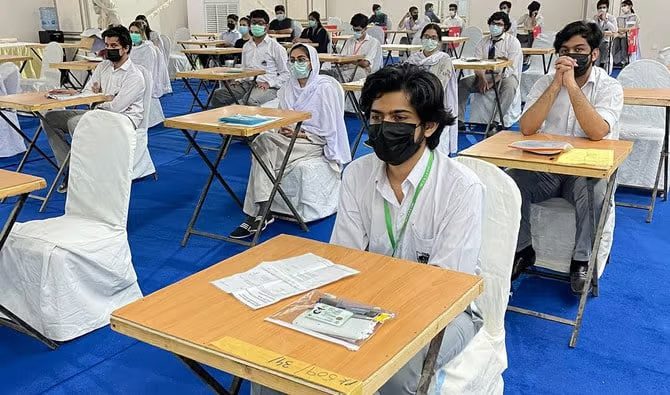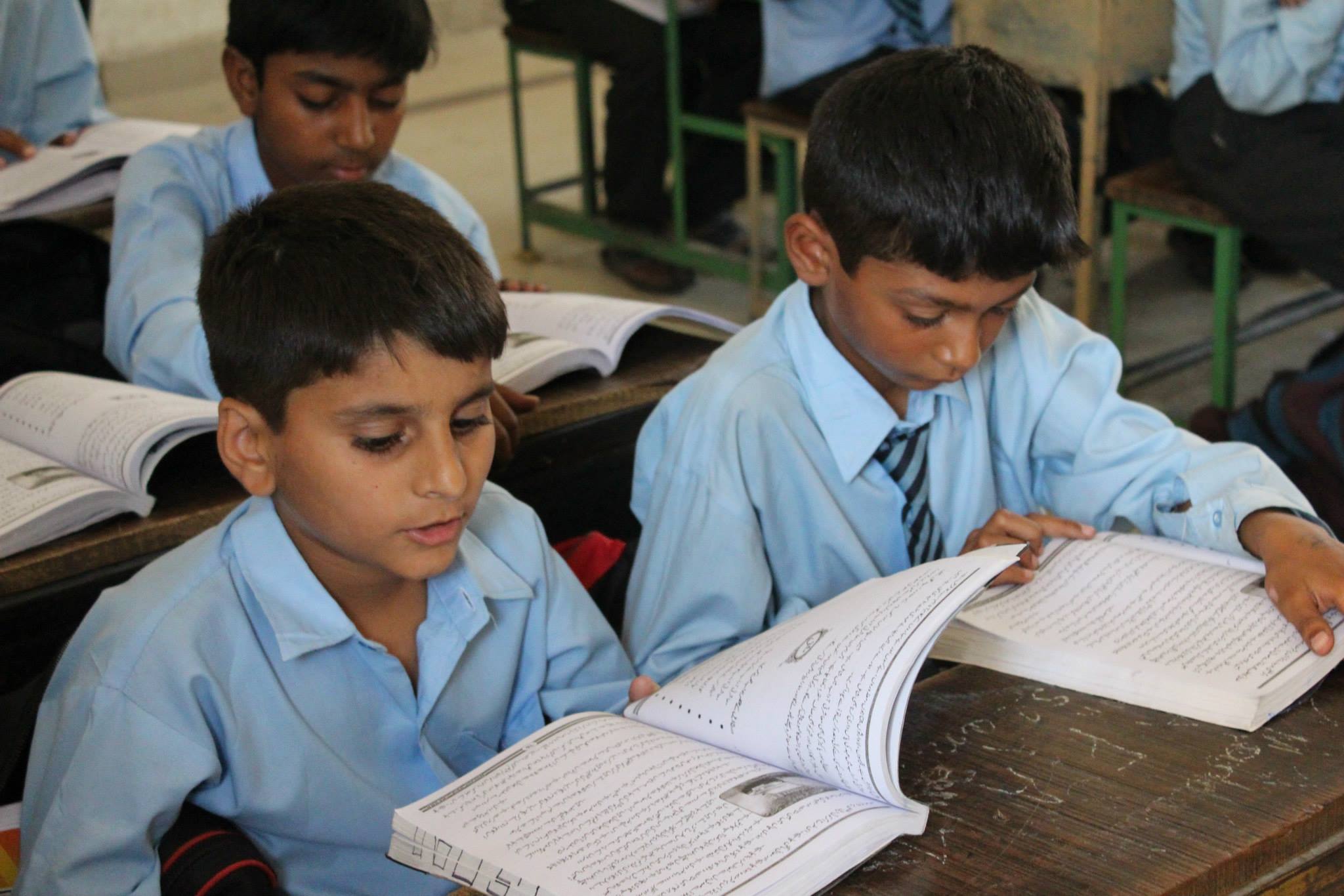Eight Pakistani universities ranked among the best in the QS Asia University Rankings 2026. This achievement shows Pakistan commitment to research innovation, academic excellence and international engagement. The participation of Pakistani universities demonstrates their dedication to improving educational standards and giving students a brighter and secure future.
The internationally renowned Quacquarelli Symonds which evaluates universities based on rigorous academic criteria creates the QS Asia University Rankings 2026. These consist of worldwide recognition, international cooperation, teaching quality, research output and academic reputation.
This year results honor the hard work that Pakistani universities have put in to raise their standards. Their inclusion in the QS Asia University Rankings 2026 demonstrates how strong Pakistani higher education is becoming.
PIEAS Leads Pakistani Institutions with Excellence
Among Pakistani universities, the Pakistan Institute of Engineering and Applied Sciences has once again taken the top spot. PIEAS demonstrated its leadership in engineering and scientific education with an exceptional ranking of 238 in Asia. Its reputation has been established by its strong academic discipline, knowledgeable faculty and cutting edge research. This establishment still stands as a testament to Pakistan superior higher education.
PIEAS is dedicated to producing skilled scientists, engineers and researchers who benefit the nation. Furthermore, its inclusion in the 2026 QS Asia University Rankings is evidence of its dedication to scientific research, innovation and academic progress. The institution ability to maintain its ranking among Asia top universities is evidence of its strong academic foundation and commitment to providing high quality education.
Impressive Progress by Air University and Bahria University
According to the QS Asia University Rankings 2026, Air University has made great strides, ranking 328th. This Islamabad based university has expanded rapidly due to its emphasis on research, innovation and technology. Furthermore, it provides robust engineering, computer and management science programs that equip students for the demands of the contemporary workplace.
Moreover, the university ability to adapt and compete globally is demonstrated by its rise in global rankings. Bahria University Karachi is one of Pakistan top universities, having attained an outstanding ranking of 416 in Asia. Its rise in the QS Asia University Rankings 2026 is a testament to its commitment to international collaboration, high quality education and research.
Bahria University has improved its academic offerings in information technology, business, health sciences and maritime studies. Its accomplishments show that Pakistani universities are advancing toward international competitiveness and contemporary educational standards.
Regional Universities Strengthening Academic Diversity
One of the most encouraging aspects of this year rankings is the strong representation of regional universities. The Islamia University of Bahawalpur secured a rank of 434, proving that quality education is not limited to major cities. This institution has expanded educational opportunities in southern Punjab and contributed to the growth of regional higher education in Pakistan.
The University of Veterinary and Animal Sciences Pattoki achieved a rank of 607, showing excellence in agricultural and animal sciences. Hazara University in Mansehra ranked 614, representing the academic potential of Khyber Pakhtunkhwa.
University of Swat appeared in the 761 to 770 bracket, while University of Sahiwal secured a place in the 951 to 1000 range. These institutions show that higher education in Pakistan is spreading beyond large cities like Islamabad, Lahore, and Karachi.
Growing Recognition of Pakistani Universities
The presence of eight Pakistani universities in the QS Asia University Rankings 2026 demonstrates rising academic recognition across the region. Furthermore, these rankings show that Pakistani universities are improving in research output, academic structure, faculty development, and student support systems.
Success in global rankings encourages universities to invest more in research, innovation, and international partnerships. It also inspires students and scholars to pursue careers in science, engineering, and social sciences within Pakistan.
Understanding the QS Asia Ranking Criteria
The QS Asia University Rankings 2026 are based on a clear and detailed methodology. Institutions are evaluated through academic reputation, employer reputation, faculty to student ratio, international research network, and citations per paper. Other factors include papers per faculty, staff with doctoral qualifications, proportion of international faculty, international students, and exchange programs.
These indicators provide a balanced view of academic strength, research influence, and global engagement. Pakistani universities have improved across several indicators, which helped them secure higher positions in the rankings.
Asian Institutions Leading the Global Academic Stage
While Pakistani universities have made remarkable progress, the top positions in the QS Asia University Rankings 2026 were dominated by institutions from Hong Kong, China, and Singapore. The University of Hong Kong ranked first, followed by Peking University and Nanyang Technological University.
National University of Singapore also secured a top position, showing strong competition among Asian countries. These universities are known for high research funding, world-class laboratories, and global collaborations. Their success motivates Pakistani universities to continue improving academic infrastructure and research standards.
Importance of Global Rankings for Pakistan
The inclusion of Pakistani universities in the QS Asia University Rankings 2026 holds great importance for the nation’s education sector. This recognition improves Pakistan’s academic image on the global stage and attracts international partnerships, scholarships, and student exchange opportunities. It also encourages local students to trust Pakistani universities for quality education instead of seeking costly foreign options. With continued investments in education and research, Pakistan can move further upward in global rankings.
Need for Continued Investment in Education and Research
This achievement calls for more investment in academic research, technological infrastructure, faculty training, and student development. Universities must focus on publishing high-quality research, creating international collaborations, and expanding modern laboratories. However, the government and private sector must work together to support higher education in Pakistan. Only through long-term planning and strong financial support can Pakistani universities maintain and improve their global positions.
Role of Parhlo Pakistan in Promoting Education
Parhlo Pakistan is an educational platform dedicated to supporting students, teachers, and academic professionals across the country. It provides authentic information about scholarships, university admissions, past papers, internships, and career guidance.
Parhlo Pakistan helps students make informed academic decisions by offering reliable resources and updates related to higher education in Pakistan. The platform is committed to spreading knowledge, promoting learning opportunities, and encouraging students to aim for success in global rankings and academic competitions.
Conclusion
The success of PIEAS, Air University, Bahria University, and other regional institutions in the QS Asia University Rankings 2026 paints a hopeful picture for the future. It shows that higher education in Pakistan is moving towards global standards with commitment and vision. Universities are improving research culture, enhancing academic programs, and building international partnerships that support innovation and excellence. As Pakistan continues to invest in higher education, more universities are expected to join global rankings and make the nation proud.




